From June 23-26, 2015, The Bahamas National Trust hosted a strategic planning workshop to develop a national plan to address the threats to coral reefs and its associated ecosystems in The Bahamas. The workshop and development of the plan is funded by the Disney Conservation Fund. The meeting was facilitated by Foundations of Success. Stakeholders that participated in the meeting included those from the government sector, fishing community, NGOs, research consultants including coral and fisheries experts. More specifically, entities such as The Nature Conservancy, the Department of Marine Resources, Atlantis Blue Project Foundation, Friends of the Environment and many others were actively involved….
The objective of the meeting was to present the status of the project and to get their feedback on critical project components including:
- the scope of the program and the focal conservation targets (ecosystems and species that the program is focusing on);
- the conceptual model which was developed and comprised of identification and rating of threats to these ecosystems and species and the factors contributing to (driving) these threats;
- definition of conservation strategies in 5 thematic areas: coral reef rehabilitation, sea urchin repopulation, illegal & unsustainable fishing, unsustainable development, and climate change adaptation and;
- for each conservation strategy, developing of draft results chains with objectives and performance indicator.
The group was then expected to:
- rate the direct threats and prioritize strategies for specific islands;
- review and revise conservation strategies, draft results chains, objectives and performance indicators so that these products represent what needs to be done to conserve and rehabilitate coral reef ecosystems both nationally and in specific sites and;
- use the Conservation Measures Partnership Open Standards for the Practice of Conservation (OS) that were presented, Miradi software as a project planning and prioritization tool.
Overall the meeting was very productive and the “Trust” received lots of feedback regarding the most practical way to move forward and to streamline this national effort.

